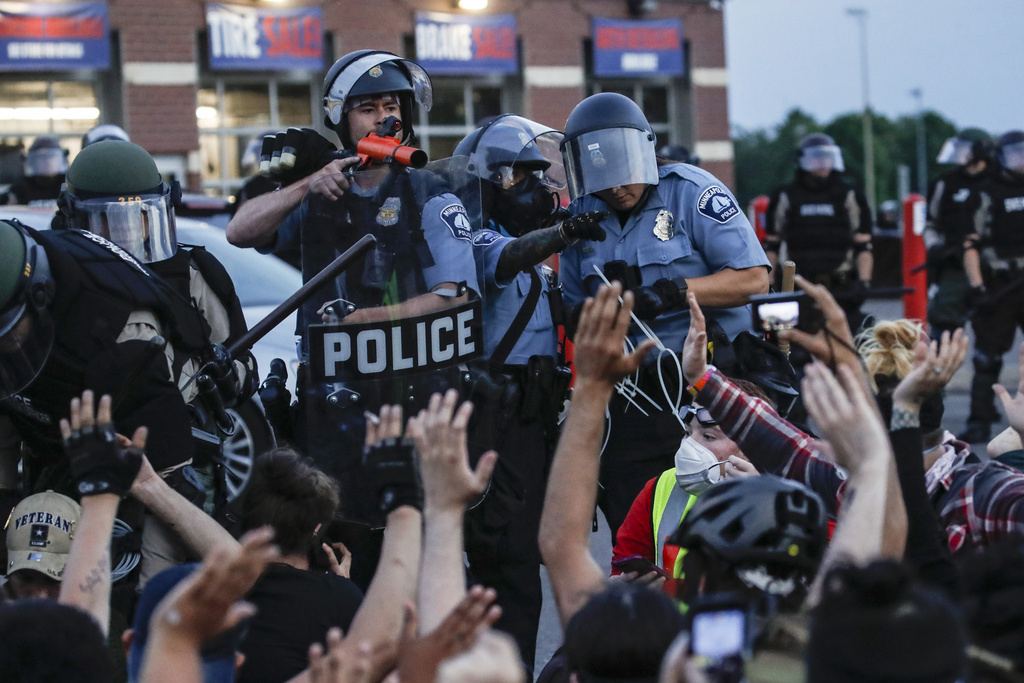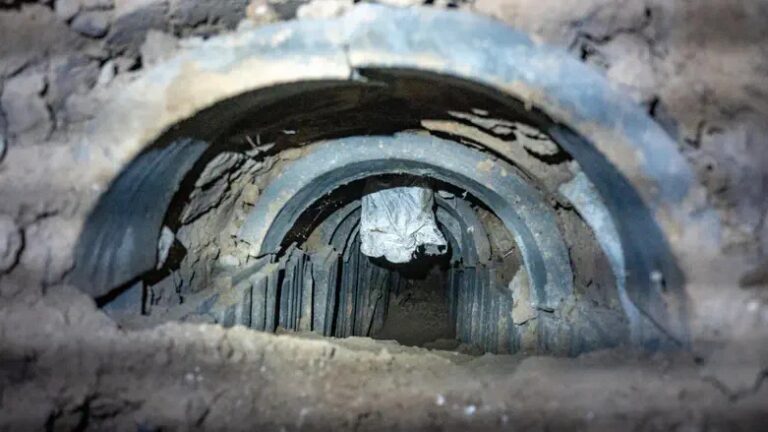The Minneapolis City Council on Monday approved an agreement with the federal government in response to the murder of George Floyd that would require reforms within the city’s police department under long-term court supervision.
The agreement was not immediately released publicly, but it was expected to incorporate and build on changes the police department has already made to its policies on the use of force and training of officers in the wake of Floyd’s death in 2020.
City Attorney Kristyn Anderson said it would become public after it was filed in federal court, which she said would happen “promptly” after city and federal officials gave their final signatures.
The agreement, known as a consent decree, had been under negotiation since the Department of Justice issued a scathing critique of the city’s police in June 2023. The report alleged that police systematically discriminated against racial minorities, violated constitutional rights and disregarded the safety of people in custody for years before Floyd, a Black man, was killed by a white Minneapolis officer. Floyd’s death prompted a national reckoning with police brutality and racism.
The Justice Department report was the result of a sweeping two-year investigation that confirmed many citizen complaints about police conduct. The investigation found that Minneapolis officers used excessive force, including “unjustified deadly force,” and violated the rights of people engaged in constitutionally protected speech.
An independent monitor will oversee the changes and a judge must approve them.
During his first administration, President-elect Donald Trump was critical of consent decrees as anti-police. Finalizing the Minneapolis agreement before he returns to office Jan. 20 would make it harder for him to undercut the deal, because changes would require court approval.
The council approved the deal 12-0 Monday during a brief public vote that followed an hourslong closed-door discussion.
“I’d like to thank our community for standing together, united in this, and for having patience with us as we have traveled a very, very long and challenging journey,” Council President Elliott Payne said after the vote. “We’re just beginning, and we know we have a long way to go. Our success will only be realized when we all work together on what is arguably one of the most important issues in the life of our city.”
Council Member Robin Wonsley said in a statement before the vote that she has “no faith that the Trump administration will be a serious partner” in implementing the agreement.
“Having a federal consent decree signed and in place is valuable to police reform efforts, but we need to be sober about the fact that it will take local political will to hold the city and the (Mayor Jacob) Frey administration accountable to implementing and enforcing the terms of the consent decree,” she said.
A state court judge in 2023 approved a similar agreement between Minneapolis and the Minnesota Department of Human Rights after the state agency issued its own blistering report in 2022. The state investigation found that the city’s police had engaged in a pattern of race discrimination for at least a decade.
The Justice Department has opened 12 similar investigations of state and local law enforcement agencies since April 2021, many in response to high-profile deaths at the hands of police.
It has reached agreements with Seattle, New Orleans, Baltimore, Chicago and Ferguson, Missouri. A consent decree with Louisville, Kentucky, after an investigation prompted by the fatal police shooting of Breonna Taylor is waiting court approval. In Memphis, Tennessee, the mayor last month pushed back against pressure for a consent decree there, saying his city has made hundreds of positive changes since the beating death of Tyre Nichols.
Consent decrees require law enforcement to meet specific goals before federal oversight is removed, a process that often takes years and millions of dollars. A major reason Minneapolis hired Brian O’Hara as police chief in 2022 was his experience implementing a consent decree in Newark, New Jersey.
If the Minneapolis federal agreement gets court approval, the city would be in the unusual position of operating under both federal and state consent decrees.
(AP)











